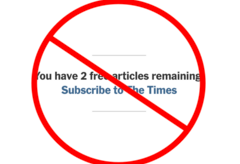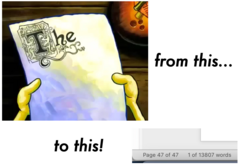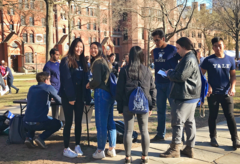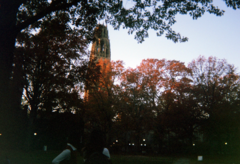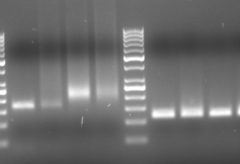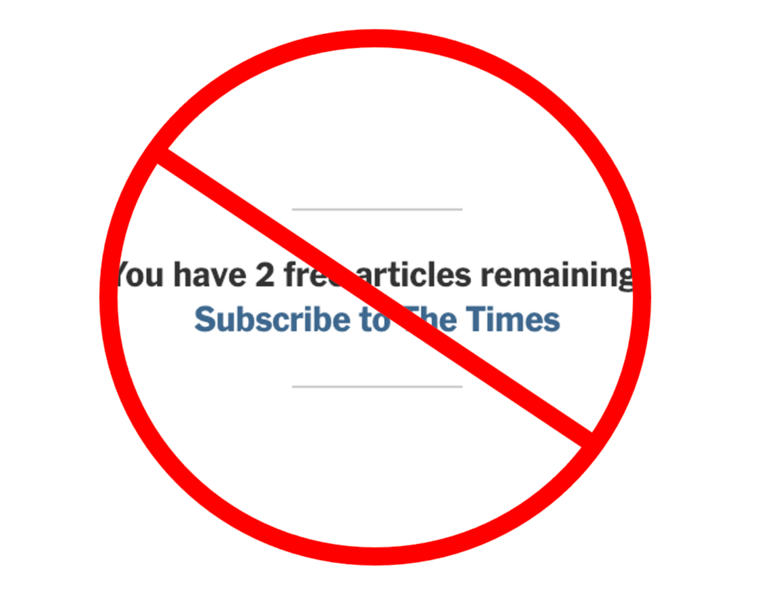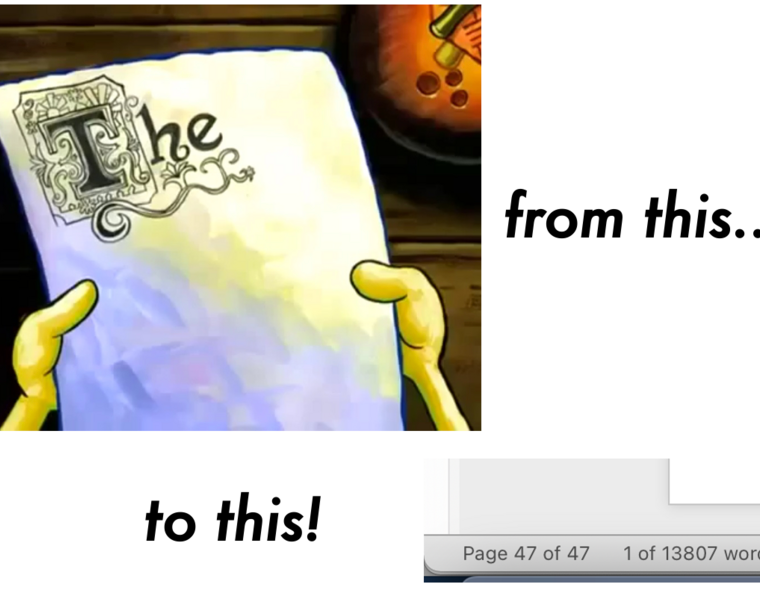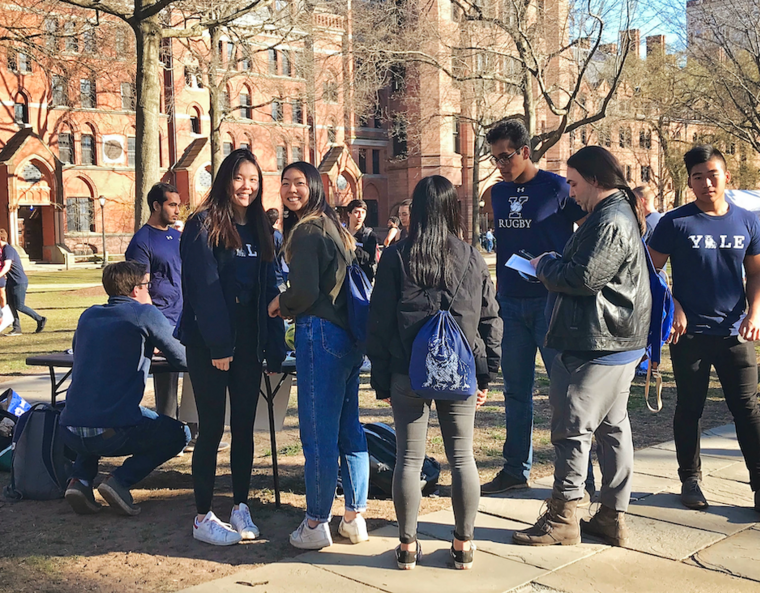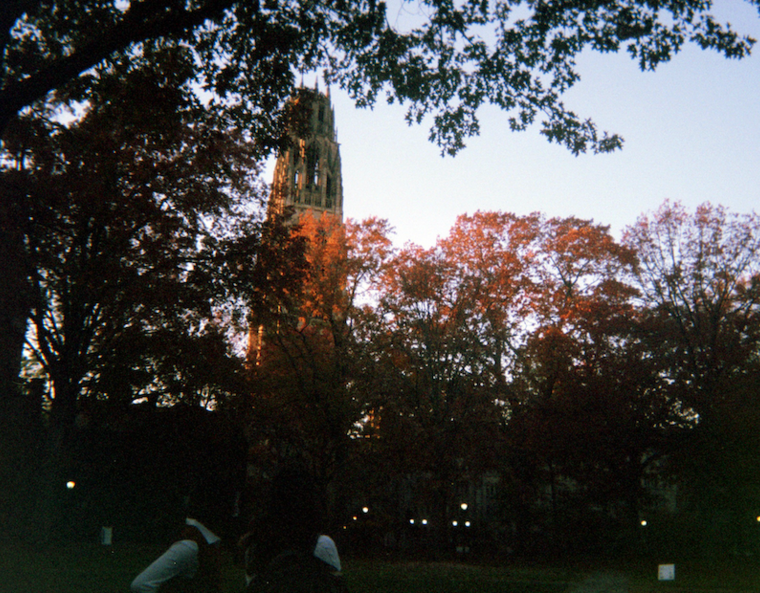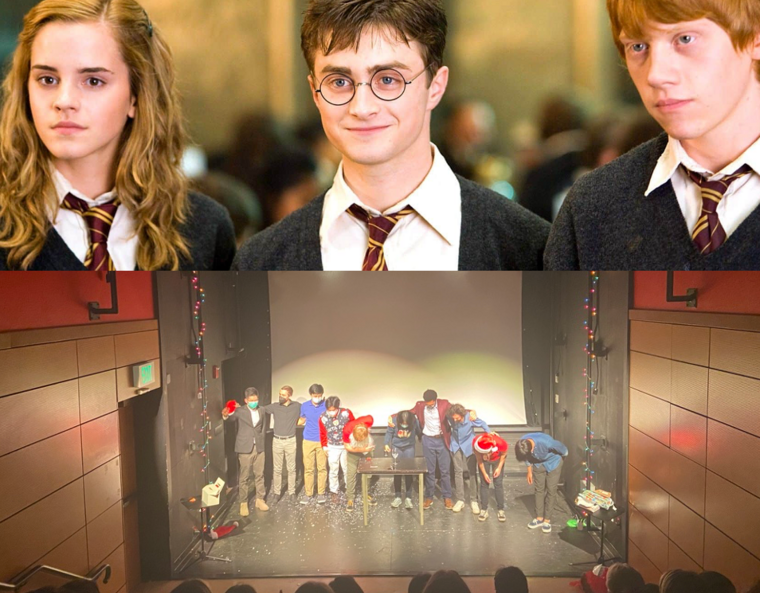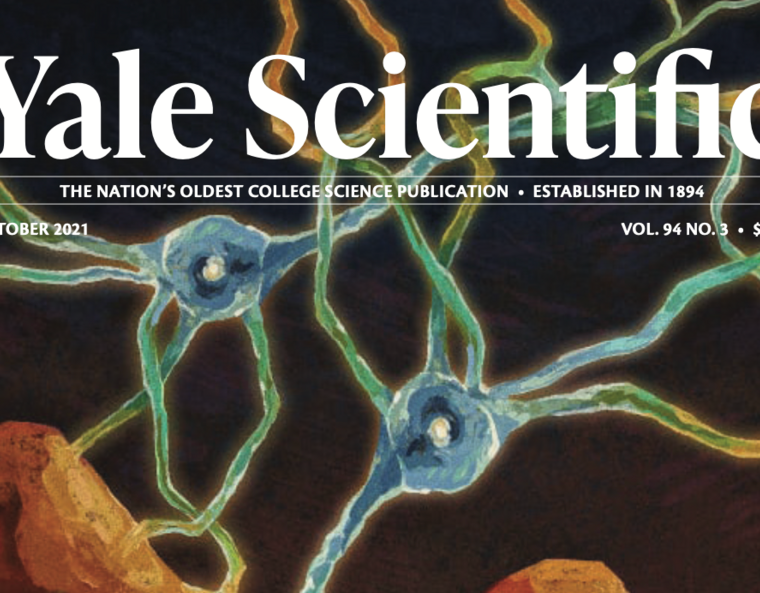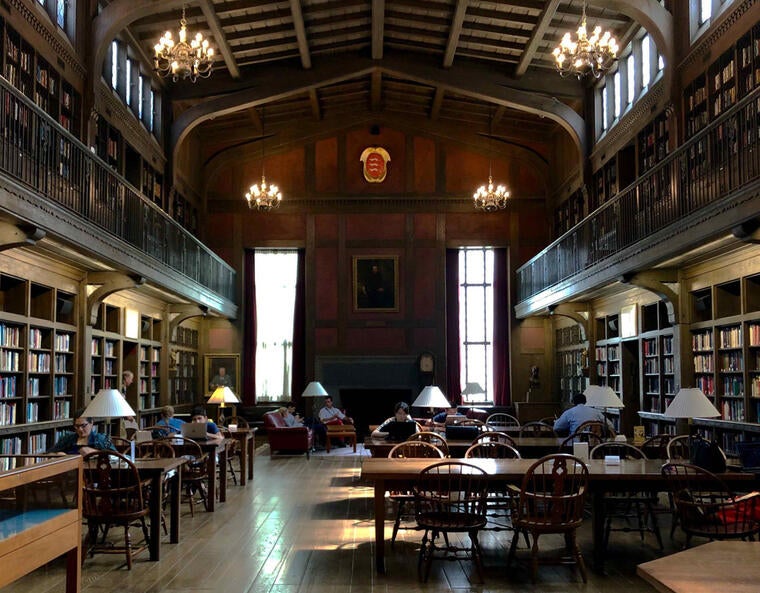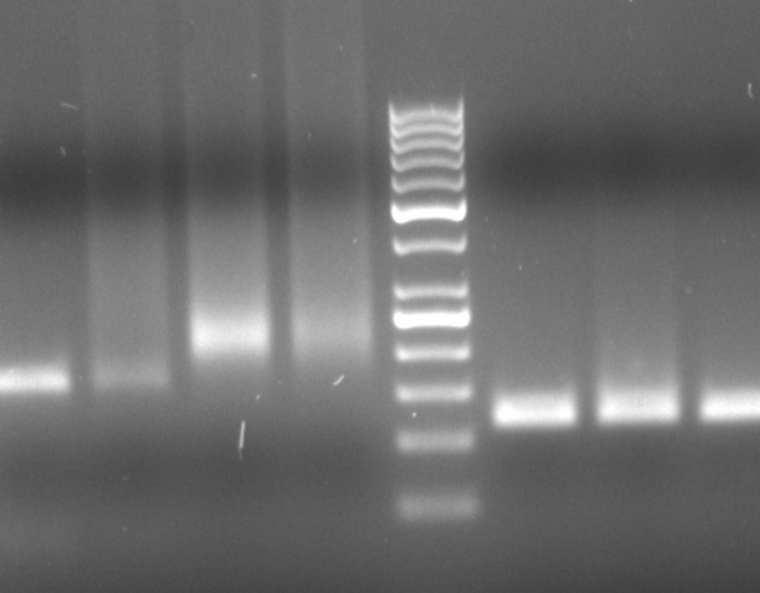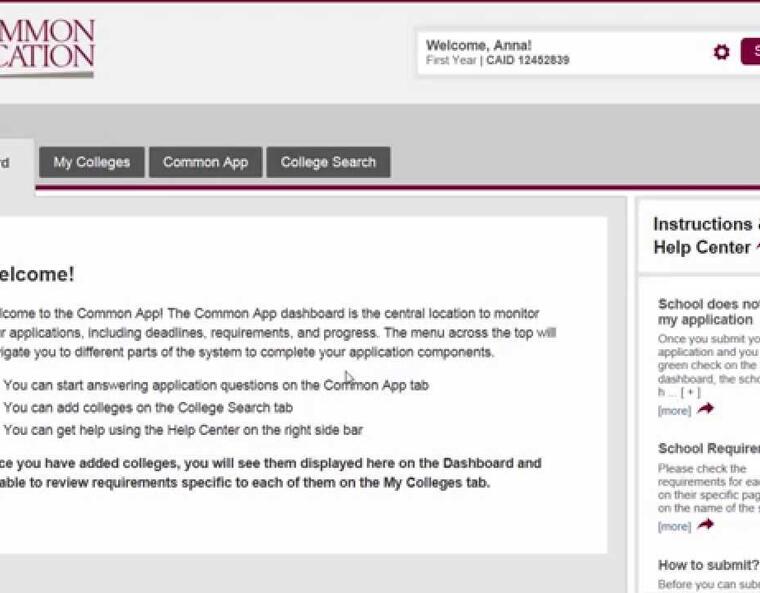
A few weeks ago, my friends and I were feeling a bit old (we’re all—can you believe it—in our fourth year here, either as seniors or juniors who took a gap year). Seeking to reminisce on simpler times, we looked back at our Yale applications. In between the essays and short answers and extracurricular activities, I found one question to be particularly interesting.abc
As of this moment, what academic areas seem to fit your interests or goals most comfortably? Please indicate up to three.
The admissions office wanted to know our intended major. We went around sharing what we had listed:
Me
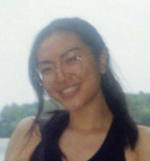
On my Yale app: Molecular Biophysics and Biochemistry, Chemistry, English
On my Yale degree: Molecular, Cellular, and Developmental Biology and History of Science, Medicine, and Public Health
How I got here: I wrote a blog post detailing this process! Essentially, I started out taking biology classes and doing biology research, but after taking an HSHM course, became hooked on the topic. Not wanting to lose the benefits of either, I decided to major in both.
From what I intended in my senior year of high school, you might be able to tell that I’ve always never been satisfied with “all-STEM” or “all-humanities” way of thinking. Back in high school, though, I kept my interests in science separate from my interests in writing and history. Double majoring at Yale has shown me that actually, by incorporating both in my studies, I can develop a more well-rounded understanding of the world. Even though I didn’t end up majoring in MBB/Chemistry and English, I found a way to blend my passion for both science and the humanities with MCDB and HSHM. So I stuck by what I originally intended—I just had to take a few cool classes at Yale to figure out how best to do it.
Nithy
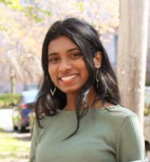
On her Yale app: Neuroscience & Philosophy
On her Yale degree: Molecular, Cellular, and Developmental Biology
How she got here: Nithy, on the pre-med track from day one, tackled organic chemistry in her first year—that’s actually how we met, in the popular First-Year Organic Chemistry course. That class, she told me, got her interested in chemistry as it applied to biology. In freshman summer, she worked in a lab that combined chemistry with biology in the study of bacteria, but as she took more biology courses—the Introductory Biology course sequence, as well as Cell Biology, a core elective in MCDB—she found herself increasingly drawn towards biology specifically.
Nithy told me that she hadn’t considered MCDB prior to Yale because she was intimidated by the fact that she had no experience in the field. But she’s leaving with one big piece of advice: “You can approach majors as something you’re interested in and want to have experience in.” As in: don’t feel like you need to be an expert in something to try it out in college. That’s what the intro courses are for!
Max
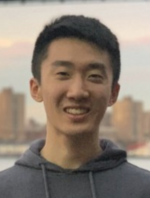
On his Yale app: Physics, Environmental Studies, Molecular Biophysics and Biochemistry
On his Yale degree: Computer Science
How he got here: I remember meeting Max on day one and talking with him about his choice between taking a difficult physics class and First-Year Orgo (he ended up taking the physics class). Back then, he was very much undecided—some days he was premed, other days he wanted to pursue something in physics or math, with a healthy streak of environmentalism running through all his interests. In the summer of our first year, Max decided to expand his interests even further, taking a coding course through Yale Summer Session. He continued taking computer science classes our sophomore year, alongside the pre-med requirements of organic chemistry and the Introductory Biology courses. When the pandemic hit, Max, seeking to blend his emerging academic interests, took a gap year to work remotely for a Yale computational biology lab. Ultimately, he found that he was more interested in the computer science side of things.
Even though it seems like Max has narrowed his interests down through the past few years, I’m actually struck by how CS is the perfect fit for him because it allows him the flexibility to pursue a lot of interests. He’s still taking challenging math classes, for example. And similarly to how he blended CS with biology through his research, he also talks about using tech to address environmental challenges.
Vishnu
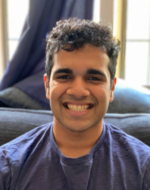
On his Yale app: History, Global Affairs
On his Yale degree: History with a Programming certificate in Computer Science
How he got here: In his first year here, Vishnu’s love for the humanities was solidified when he participated in the Directed Studies program, where he spent three courses each semester getting a crash course in Western literature, history, and philosophy. If you ask Vishnu about DS, he’ll go on about why he loved it—not just what he learned through the course material, but also the connections he formed with his classmates and his professors.
But Vishnu became sold on the History major specifically when he took a class on the British Raj with Professor Rohit De. “It wasn’t just pure history, but also historiography—how narratives change over time based on how historians tell it,” Vishnu told me.
And what about his Programming certificate? While Yale doesn’t offer minors, we do have a certificate program that includes languages, data science, programming, and interdisciplinary studies like Education Studies. The History major was flexible enough that Vishnu had extra classes in his schedule each semester, and he decided to take advantage of those classes by learning computer science, since he thought it would be a useful skill to know moving forward.
Final Thoughts
I remember being a bit intimidated by that “Which Major” question when I was applying to college, since it felt like such a rigid declaration of who I intended to be in the future. I had such a wide range of interests (I still do, as do many Yale students) that that future seemed impossible to discern. If our experiences should teach you anything, it’s that you shouldn’t be intimidated by that question at all. First off, it’s totally okay if you switch—in fact, it might be a sign that in your time in college, you’ve learned more about yourself or about what opportunities exist in the world. But also, I’d note that while my friends and I varied a lot in whether or not we stuck by our original majors, in one way or another, we all stayed true to ourselves. That is to say, you know yourself, and you should trust your passions and interests to guide you towards your path in the future.
